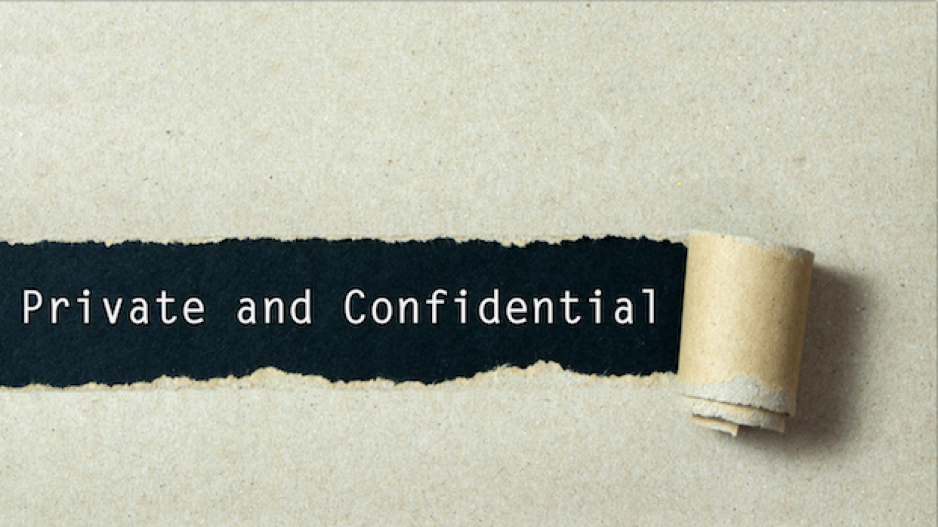A pair of congregations of Jehovah’s Witnesses is taking the Information and Privacy Commissioner of British Columbia to court, claiming an order to release confidential religious records under the Personal Information Protection Act (PIPA) is unconstitutional.
In a petition filed on August 2 in BC Supreme Court, the Coldstream and Grand Forks Congregations of Jehovah’s Witnesses, the Watch Tower Bible and Tract Society of Canada and elders John Vaboulas and Paul Sidhu, claim the commissioner wrongfully ordered disclosure of records related to requests made under PIPA by two former adherents to the faith, respondents Gabriel-Liberty Wall and Gregory Westgarde.
According to the petition, a delegate of the commissioner ordered the congregations to produce records as part of an adjudication process related to access requests made by the former members of the faith. The petitioners claim the commissioner’s delegate wrongfully found that the act is justified under the Charter, despite holding that the act’s application infringed upon the section guaranteeing Canadians’ religious freedoms.
While they provided certain personal information in affidavits for the adjudication, the petitioners claim they “declined to turn over the ministers’ confidential religious records themselves.” The petitioners Vaboulas and Sidhu are both elders, also known as “spiritual shepherds,” with the congregations and claim that disclosing the records is a violation of “their individual religious conscience.”
As elders, they make “religious adherence decisions” that are recorded about those who leave the faith. Respondents Wall and Westgarde both left the congregations years ago and afterwards requested any records containing their personal information in 2020. Since the pair both “formally disassociated” themselves with the congregations, a trio of elders must confirm such requests and prepare confidential records about their “religious adherence” decisions.
The petitioners claim the privacy commissioner’s delegate mistakenly found that the former adherents’ personal information was at stake with the release of the confidential records produced by the congregations’ elders.
“The record contains the elders’ private and prayerful religious deliberations and expressions,” the petition states. “There is no evidence that any of these elders breached their Scriptural requirement of confidentiality.”
If they were compelled to release the records, the petitioners claim that the privacy commissioner’s delegate would have to “enter into the forbidden domain of interpreting religious communications in an attempt to second-guess elders’ distinguishing personal information from spiritual deliberations on religious adherence.”
Moreover, because PIPA governs the collection of personal information by private organizations, the petitioners claim the privacy commissioner has “extraordinary, far-reaching, and sweeping statutory powers.” These powers include investigating complaints, issuing orders, conducting audits, ordering document production even if they don’t contain personal information, as well as search warrant powers to enter any premises occupied by an organization under investigation.
In April 2021, the petitioners filed a lawsuit over the constitutionality of PIPA, but the action was stayed until the conclusion of the information and privacy commissioner’s inquiry. The petitioners claim the commissioner’s delegate has wrongfully “insisted that a line-by-line review and analysis of the confidential religious record be conducted” as part of the inquiry.
The Jehovah’s Witnesses seek an order quashing the delegate’s decision and declarations that PIPA unjustifiably infringes upon the religious freedom guarantees in the Charter of Rights and Freedoms, and that the act is “invalid.” They also seek a constitutional exemption from PIPA for their confidential religious records.
The petition’s factual basis has not been tested in court, and the respondents had not filed responses in court by press time.




